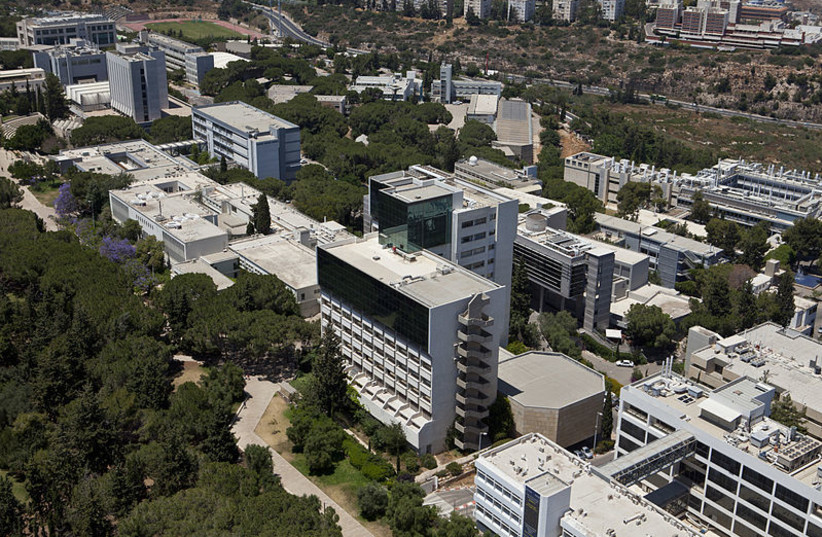After the unexpected blow from Omicron, many people are afraid there’ll be a new variant. If so, where will it come from and how harsh will it be? Researchers from the Technion in Haifa have delved into the world of variants to understand the variability of the coronavirus.
The pandemic known as COVID-19 broke out in late 2019 and spread rapidly around the world. Although the coronavirus, SARS-CoV-2, is equipped with an efficient error correction system, it’s not immune to mutations. Indeed, as we all know today, the virus has "split" into different variants, ones that we all feel the effect of daily, and ones that have quickly disappeared.
Quite a few researchers around the world have devoted the last two years to understanding the dynamics of the formation of variants at the population level, and the more "active" variants in terms of population infection. Now, a study conducted at the Technion and published in the journal PLOS Pathogens sheds light on a niche angle that has hardly been researched: the development of new variants at the individual level: that is, in the body of an ill person. The study was led by Dr. Yotam Bar-On and doctoral student Dina Khatib from the Rapaport Faculty of Medicine.
The development of new variants is the result of random mutations and natural selection. Most mutations don’t significantly alter the ability of the virus to survive and infect, but some give it a significant advantage and are therefore preserved and spread in the population. In the context of the current pandemic these are mutations in the spike protein, the arrowhead of the virus, which allows it to penetrate our body cells.
Many research groups are currently engaged in the mechanism of development of new variants of coronavirus through the analysis of variants and their evolution, mainly the evolution of the spike protein. These studies have made it possible to develop with unprecedented speed dedicated and effective mRNA vaccines that have largely halted the pandemic.

In the new study, the researchers examined, as mentioned, how variants develop in the body of a person who became infected with COVID-19. This study covers a period of a year and a half and is based on an experimental platform that Dr. Bar-On began to develop during his post-doctorate. This platform, which was initially developed as part of HIV research, has been adapted in the last two years to the coronavirus and provides a base level of the single virus. This facilitates the mapping of the genome of the individual virus and the comparison of different variants that develop in the respiratory system. It also detects viruses that are in tissue cells at a very low dose which doesn’t allow the detection in the patient.
The researchers discovered various mutations that aren’t included in existing databases and even a new variant that wasn’t previously known. They also examined the efficacy of existing vaccines against these variants and found that this efficacy varies depending on the different mutation types in the spike protein.
There is also good news
The researchers nevertheless presented good news. Mutations that develop in the patient's body produce, as a rule, variants with a relatively low adhesion capacity. In other words, these variants may not be able to be transmitted from person to person by infection. This figure, the researchers emphasize, requires further research that will validate it more strongly, however these are the findings regarding the 10 variants they examined in the study.
The researchers identified a specific mutation in s2, one of the sites in the spike protein, that impairs the effectiveness of antibodies that fight the virus. Dr. Bar-On stated that "this identification is an important contribution to understanding the virus' adaptation to the host's body. We believe that our findings may lead to the identification of weaknesses of the virus - mechanisms that weaken its ability to infect - and the development of new means of inhibiting the infection. The findings of the study also show that analysis of the evolution of the virus at the individual level contributes to a better understanding of its development and possible ways to deal with it through vaccines and medications."
